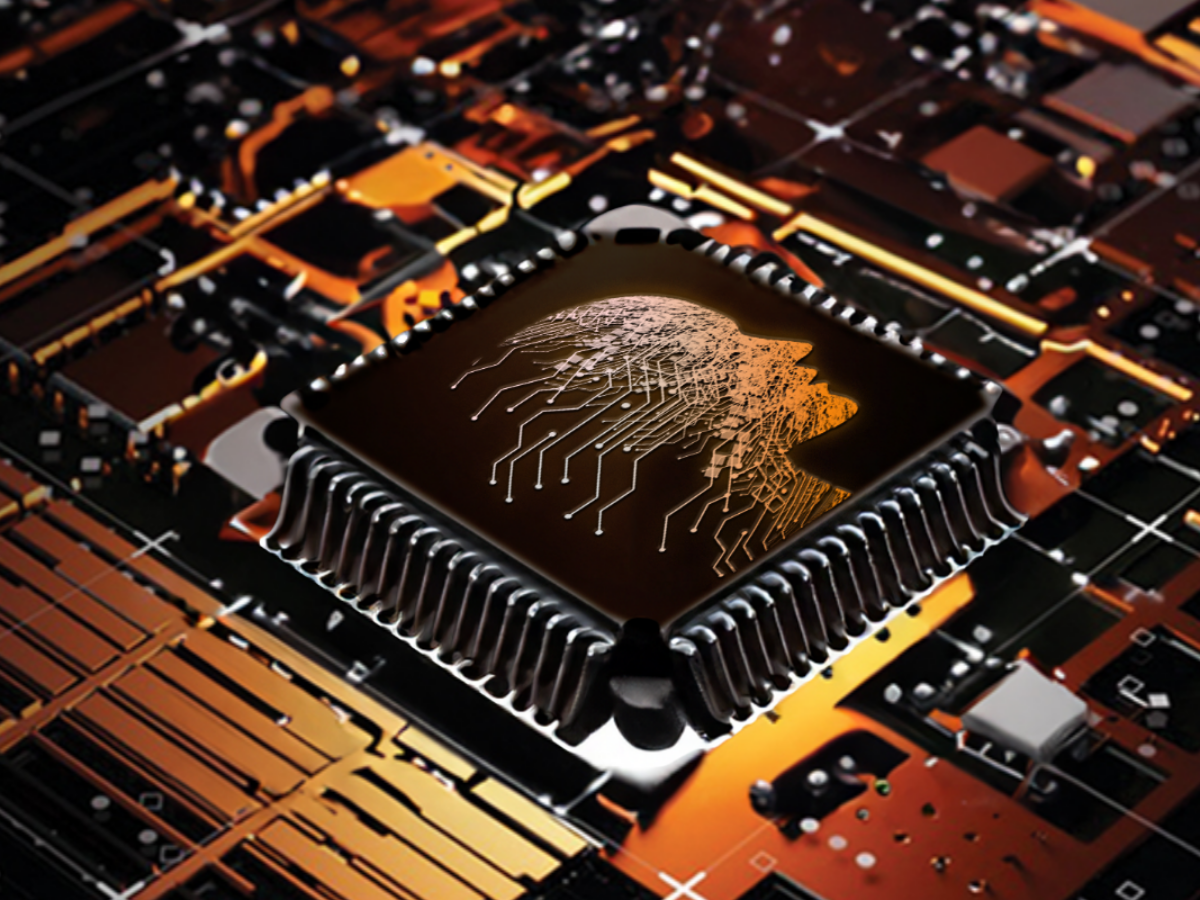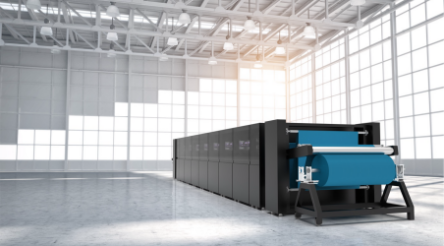BrainChip’s ‘human like’ AI wins it US Air Force radar contract

BrainChip has won a US$1.8m US Air Force Research Labs contract to use its artificial intelligence that mimics the human brain in radar signalling processes.
BrainChip’s technology uses neuromorphic artificial intelligence, which acts like a human brain that can quickly process and analyse information, recognising patterns and making fast decisions.
The company said the win is off the back of the successful demonstration of the radar processing algorithms of its commercial off the shelf neuromorphic hardware by an unnamed multinational aerospace and defence customer.
It said this latest program with the US Air Force will see it develop algorithms based on its state space model known as the Temporal Event Neural Network (TENNs). This system can run at ultra-low power, meaning it can be operated on smaller, constrained platforms such as those in the military, on spacecraft, and robotics for commercial and government markets.
The project uses the technology on micro-doppler signature analysis for radar processing, which BrainChip said provides high activity discrimination capabilities.
“Radar signalling processing will be implemented on multiple mobile platforms, so minimising systems size, weight, power and cost is critical, BrainChip CEO Sean Hehir said.
“This partnership to improve radar signalling applications for the US Air Force Research Laboratory showcases how neuromorphic computing can achieve significant benefits of low-power, high-performance compute in the most mission critical use cases.”
The initial contract will run through to February 2026.
@aumanufacturing Sections
Analysis and Commentary Awards casino reviews Defence Gambling Manufacturing News Online Casino Podcast Technology Videos





